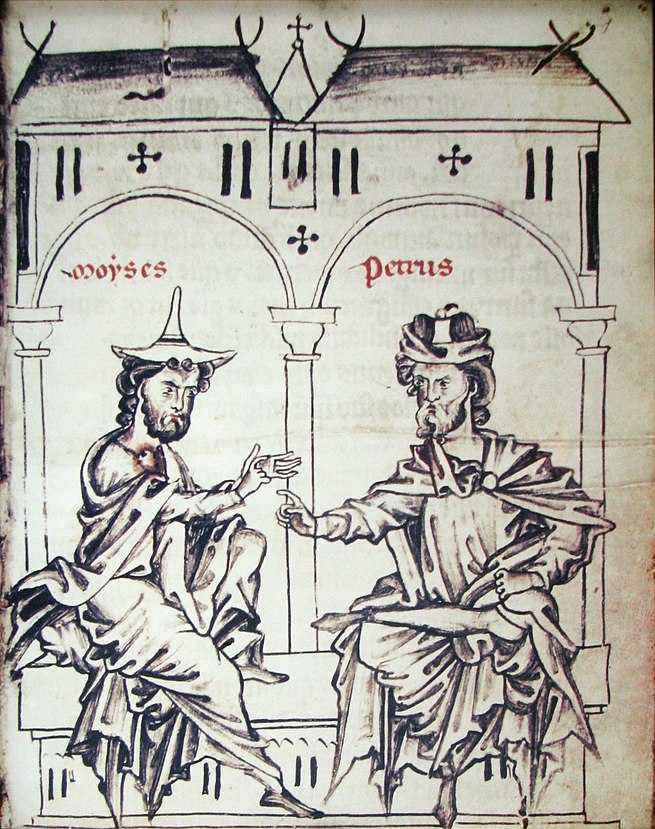
-
Debate
Debate is a process that involves formal discussion on a particular topic. In a debate, opposing arguments are put forward to argue for opposing viewpoints. Debate occurs in public meetings, academic institutions, and legislative assemblies. It is a formal type of discussion, often with a moderator and an audience, in addition to the debate participants.
Logical consistency, factual accuracy and some degree of emotional appeal to the audience are elements in debating, where one side often prevails over the other party by presenting a superior “context” or framework of the issue. In a formal debating contest, there are rules for participants to discuss and decide on differences, within a framework defining how they will do it.
Debating is carried out in debating chambers and assemblies of various types to discuss matters and to make resolutions about action to be taken, often by voting. Deliberative bodies such as parliaments, legislative assemblies, and meetings of all sorts engage in debates. In particular, in parliamentary democracies a legislature debates and decides on new laws. Formal debates between candidates for elected office, such as the leaders debates, are sometimes held in democracies. Debating is also carried out for educational and recreational purposes, usually associated with educational establishments and debating societies.Informal and forum debate is relatively common, shown by TV shows such as the Australian talk show, Q&A. The outcome of a contest may be decided by audience vote, by judges, or by some combination of the two.
-
Declamation
Declamation or declamatio (Latin for “declaration”) was a genre of ancient rhetoric and a mainstay of the Roman higher education system. It was separated into two component subgenres, the controversia, speeches of defense or prosecution in fictitious court cases, and the suasoria, in which the speaker advised a historical or legendary figure as to a course of action. Roman declamations survive in four corpora: the compilations of Seneca the Elder and Calpurnius Flaccus, as well as two sets of controversiae, the Major Declamations and Minor Declamations spuriously attributed to Quintilian.
Declamation had its origin in the form of preliminary exercises for Greek students of rhetoric: works from the Greek declamatory tradition survive in works such as the collections of Sopater and Choricius of Gaza. Of the remaining Roman declamations the vast majority are controversiae; only one book of suasoriae survive, that being in Seneca the Elder’s collection. The controversia as they currently exist normally consist of several elements: an imaginary law, a theme which introduced a tricky legal situation, and an argument which records a successful or model speech on the topic. It was normal for students to employ illustrative exempla from Roman history and legend (such as were collected in the work of Valerius Maximus) to support their case. Important points were often summed up via pithy epigrammatic statements (sententiae). Common themes include ties of fidelity between fathers and sons, heroes and tyrants in the archaic city, and conflicts between rich and poor men.
As a critical part of rhetorical education, declamation’s influence was widespread in Roman elite culture. In addition to its didactic role, it is also attested as a performative genre: public declamations were visited by such figures as Pliny the Elder, Asinius Pollio, Maecenas, and the emperor Augustus. The poet Ovid is recorded by Seneca the Elder as being a star declaimer, and the works of the satirists Martial and Juvenal, as well as the historian Tacitus, reveal a substantial declamatory influence.
Later examples of declamation can be seen in the work of the sixth century AD bishop and author Ennodius.
-
Debate (noun)
An argument, or discussion, usually in an ordered or formal setting, often with more than two people, generally ending with a vote or other decision.
“After a four-hour debate, the committee voted to table the motion.”
-
Debate (noun)
An informal and spirited but generally civil discussion of opposing views.
“The debate over the age of the universe is thousands of years old.”
“There was a bit of a debate over who should pay for the damaged fence.”
-
Debate (noun)
Discussion of opposing views.
“There has been considerable debate concerning exactly how to format these articles.”
-
Debate (noun)
A type of literary composition, taking the form of a discussion or disputation, commonly found in the medieval Latin.
-
Debate (noun)
Strife, discord.
-
Debate (verb)
To participate in a debate; to dispute, argue, especially in a public arena. from 14th c.
-
Debate (verb)
To fight. 14th-17th c.
-
Debate (verb)
To engage in combat for; to strive for.
-
Debate (verb)
To consider (to oneself), to think over, to attempt to decide
-
Declamation (noun)
The act or art of declaiming; rhetorical delivery; loud speaking in public.
“haranguing”
-
Declamation (noun)
A set or harangue; declamatory discourse.
-
Declamation (noun)
Pretentious rhetorical display, with more sound than sense.
“mere declamation”
-
Debate (noun)
a formal discussion on a particular matter in a public meeting or legislative assembly, in which opposing arguments are put forward and which usually ends with a vote
“last night’s debate on the Education Bill”
-
Debate (noun)
an argument about a particular subject, especially one in which many people are involved
“there has been much debate about prices”
“the national debate on abortion”
-
Debate (verb)
argue about (a subject), especially in a formal manner
“MPs debated the issue in the Commons”
“members of the society debated for five nights”
-
Debate (verb)
consider a possible course of action in one’s mind before reaching a decision
“he debated whether he should leave the matter alone or speak to her”
-
Declamation (noun)
the action or art of declaiming
“declamations of patriotism”
“Shakespearean declamation”
-
Declamation (noun)
a rhetorical exercise or set speech
“lines written for a school declamation”
